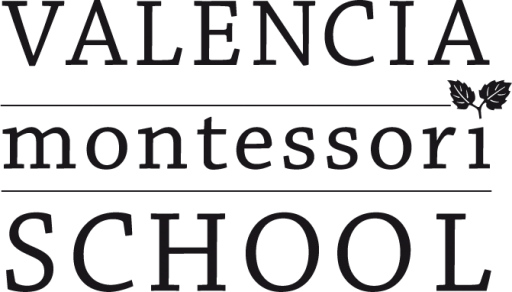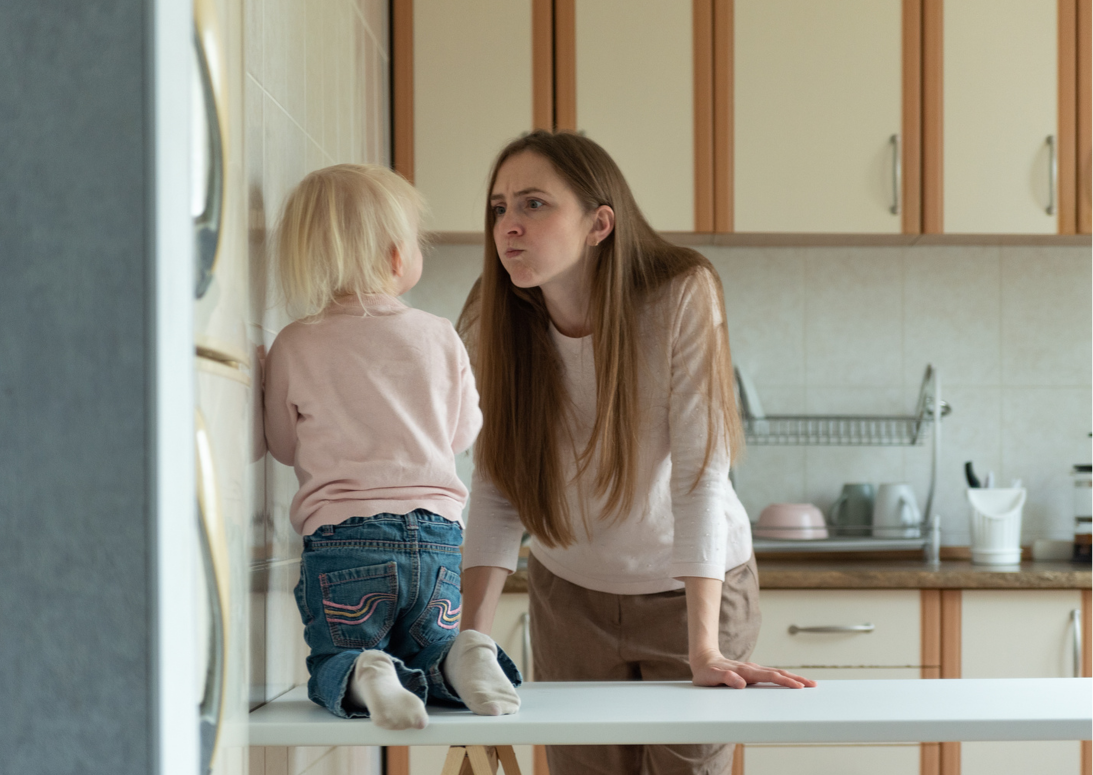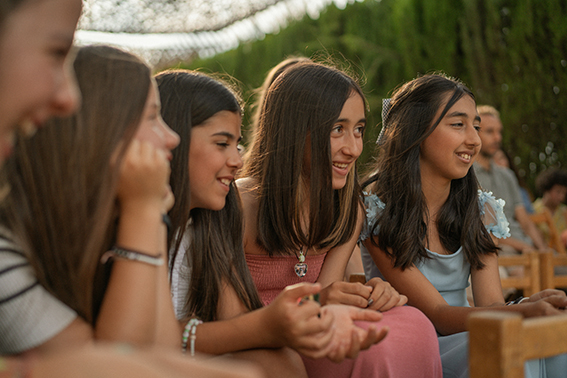Positive discipline is an educational trend that seeks to foster the emotional, social and cognitive growth of children in a healthy and equitable manner, based on mutual respect, dialogue and trust. For its part, the Montessori method also emphasizes the importance of respect, autonomy and freedom of children for their integral development.
Both approaches seek to teach self-regulation skills, personal responsibility and conflict resolution in a constructive manner, with the objective of building healthy and positive relationships between adults and children. Positive discipline and the Montessori method share a vision of the child as an active human being capable of learning and growing autonomously. Through strategies based on respect, trust and dialogue, it promotes responsibility, autonomy, social and emotional skills, self-regulation and problem solving in children, building a healthy and respectful relationship between adults and children. In the following, we will delve into some of its benefits:
Responsibility and autonomy
Responsibility and autonomy are fundamental skills that should be fostered in the child development process. Positive discipline allows children to take responsibility for their actions and decisions, understanding that each has a consequence, whether positive or negative. By learning to face the consequences of their actions, children develop a sense of responsibility and self-control, enabling them to make informed decisions and function appropriately in their environment.
Relationships based on respect and trust
Positive discipline also promotes personal responsibility in children. Instead of focusing on punishments and negative consequences, they are taught to take responsibility for their own actions and decisions. This allows them to develop a sense of autonomy and healthy self-esteem. In addition, positive discipline encourages collaboration rather than competition. Children learn to work together to solve problems and achieve common goals. This promotes teamwork and the ability to negotiate and reach mutual agreements.
Social and emotional skills
Another benefit of positive discipline is that it teaches social and emotional skills. Through strategies based on understanding and managing emotions, empathy, effective communication, conflict resolution and the establishment of healthy relationships with others, children learn skills necessary for their integral development. These skills allow them to function adequately in their social and emotional environment, promoting their emotional and social well-being.
Self-regulation and self-control
The skill of self-regulation and self-control is crucial to the overall development of children, as it allows them to manage their emotions and behaviors in an appropriate and balanced manner. Positive discipline is a valuable tool to teach these skills in an effective and constructive way. Positive discipline promotes the importance of self-awareness in children, that is, the ability to recognize and understand their own emotions and feelings. By developing this skill, children learn to be more aware of their emotional responses and can manage them appropriately, thus avoiding impulsive and inappropriate behaviors.
Positive discipline and childhood
In conclusion, positive discipline is essential in child development. Its benefits include promoting responsibility, autonomy, social and emotional skills, self-regulation and problem solving, and building a relationship based on respect and trust between adults and children. It is a valuable tool for raising and educating children in an equitable and healthy manner, preparing them to face the challenges of everyday life and to be responsible and respectful individuals in society. Positive discipline not only helps children grow and develop in a healthy way, but also teaches them skills that will be useful throughout their lives.
Positive discipline in the Montessori Method
In conclusion, the combination of the Montessori method and positive discipline creates an enriching and balanced educational environment for our children. Both philosophies complement and reinforce each other, allowing for the development of social-emotional skills and the fostering of a respectful and autonomous mindset.
By using the Montessori approach, we give children the freedom to choose and explore, fostering their independence and self-confidence. Positive discipline, on the other hand, teaches them to take responsibility for their actions and to understand the consequences of their decisions.
Positive discipline is based on mutual respect and effective communication. Instead of resorting to punishment and reprimands, it promotes setting clear limits and encouraging self-regulation. This allows children to understand expectations and develop skills to resolve conflicts peacefully and constructively.
The combination of both philosophies provides us with a holistic way of educating our children, focusing on their integral development: cognitive, emotional and social. Children who grow up under this approach learn to self-regulate, make informed decisions and solve problems constructively, developing skills that will be useful throughout their lives.
Ultimately, the Montessori method and positive discipline invite us to be respectful and empathetic guides in the educational process of our children. In doing so, we are laying the foundation for them to grow into well-rounded, self-confident individuals who are able to face life’s challenges with a positive and constructive mindset.
So, if you are looking for a form of education that promotes autonomy, respect and the development of social-emotional skills in your children, the combination of the Montessori method and positive discipline can be the key to conscious and effective parenting.










